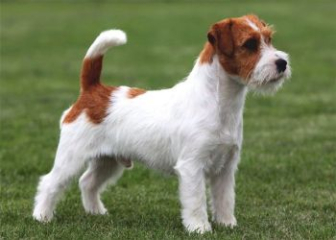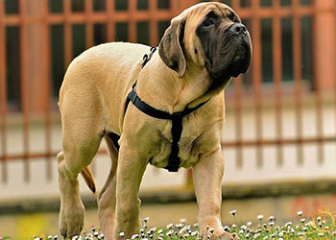Pomeranian – The Adorable Fluffy Companion
Blog | by
The Pomeranian (also known as Pom), is a small-sized companion dog from Northern Europe. They have an adorable, compact appearance but can be quite demanding in temperament.
The Pomeranian, also called Pom, is a small hunting dog originating from Northern Europe. They are related to Samoyeds, Huskies, and Alaskan Malamutes but are much smaller, weighing only 2-4 kg. This dog breed is very energetic, loves to bark persistently, and can jump quite high.
Let’s dive deeper into Pomeranians in the article below!
Where Do Pomeranians Come From?
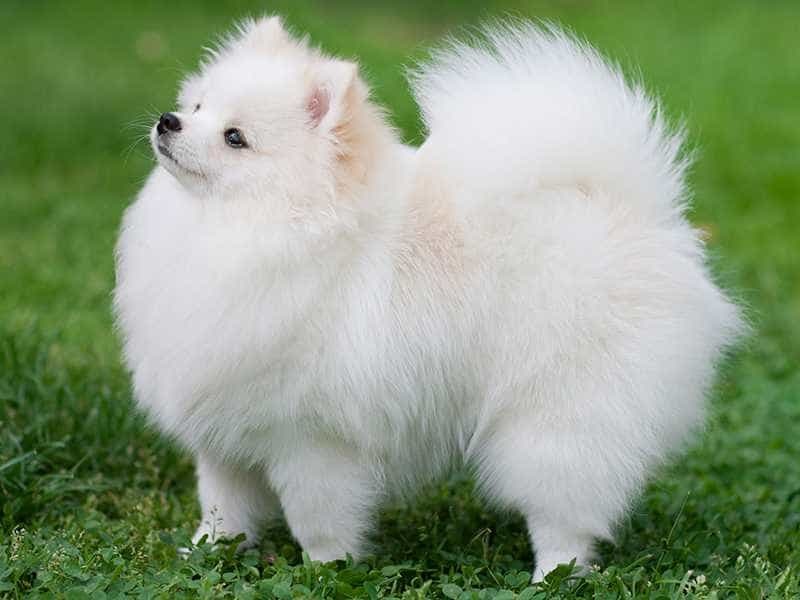
The Pomeranian is a miniature companion dog originating from Europe.
The Pomeranian originally descended from the Arctic Spitz breed, similar to the Samoyed, Husky, and Alaskan Malamute. Initially, they were bred for sled pulling and herding livestock, with an average weight of 10-15 kg.
In the 18th century, Pomeranians were introduced to England and quickly became a beloved pet among royalty.
During the 19th century, Queen Victoria of England personally bred smaller Pomeranians, reducing their size to only 2-4 kg.
Thanks to their compact, energetic nature, these dogs were later widely bred in countries like the United States and France, eventually becoming one of the most popular family pets worldwide.
Types of Pomeranians
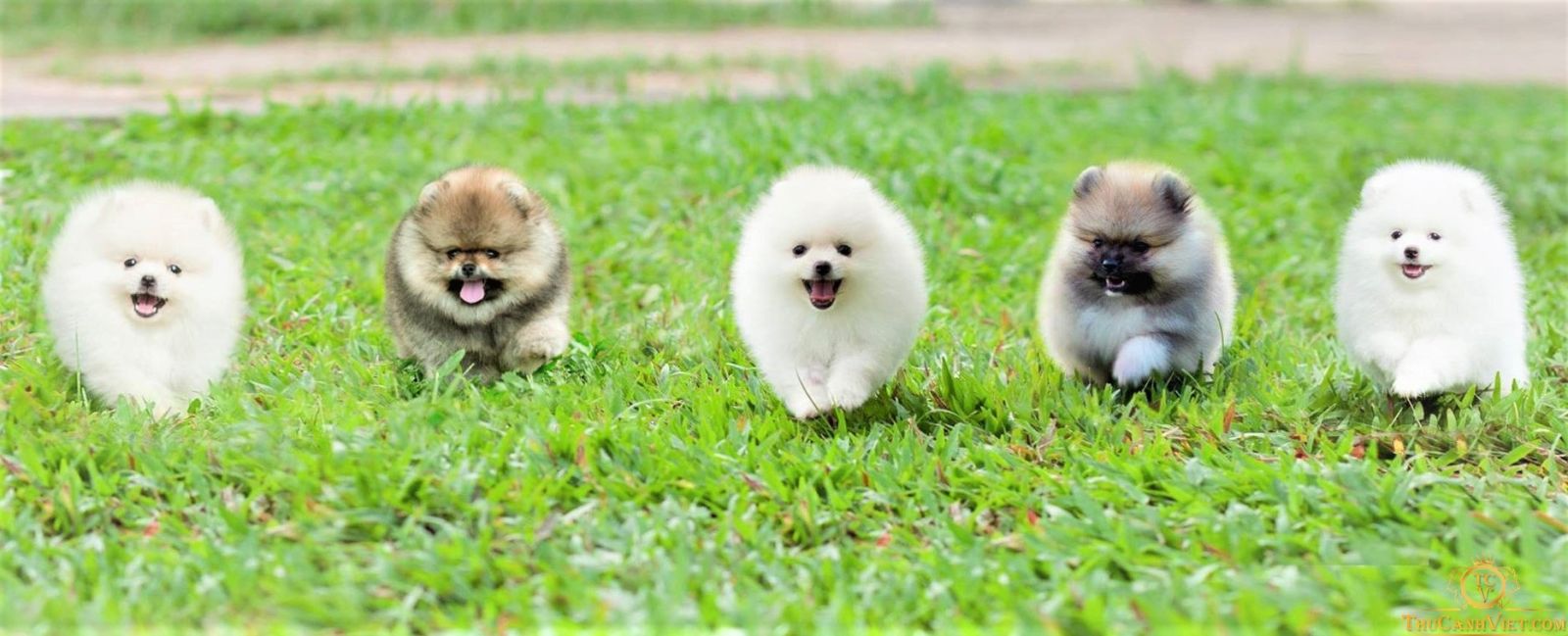
Types of Pomeranians.
Pomeranians are categorized into three main types: Purebred, Teacup, and Mixed Pomeranians.
Currently, the Pomeranian (Pomeranian) is divided into three primary categories:
- Purebred Pomeranian (Standard Pomeranian): The most common type, recognized by prestigious kennel clubs. They weigh 2-4 kg, have fluffy fur and a pointed face.
- Teacup Pomeranian (Mini Pomeranian): A miniature, ultra-small version, weighing under 2 kg. However, this type is more prone to health issues.
- Mixed Pomeranians: Crossbreeds with Japanese Spitz, Chihuahua, or Pekingese, resulting in varied appearances but consistently lively personalities.
Pomeranian's Adorable Appearance
Pomeranians have gained popularity due to their adorable, tiny size, and fluffy white fur, often nicknamed "a walking cotton ball." Let's take a closer look at their appearance:
- Height: 18 - 30 cm
- Weight: 2 - 4 kg (AKC standard weight)
- Lifespan: 12 - 16 years
- Coat: Thick, fluffy, and soft, with a double-layered coat
- Coat Colors: Snow white, orange, reddish-brown, jet black, chocolate brown, gray-blue, cream, and spotted (rare)
- Face: Small, triangular-shaped with a short muzzle
- Eyes: Large, round, and bright
- Ears: Small and erect
- Tail: Long, bushy, and curls over the back
- Legs: Small yet quick and agile
Pomeranian's Personality
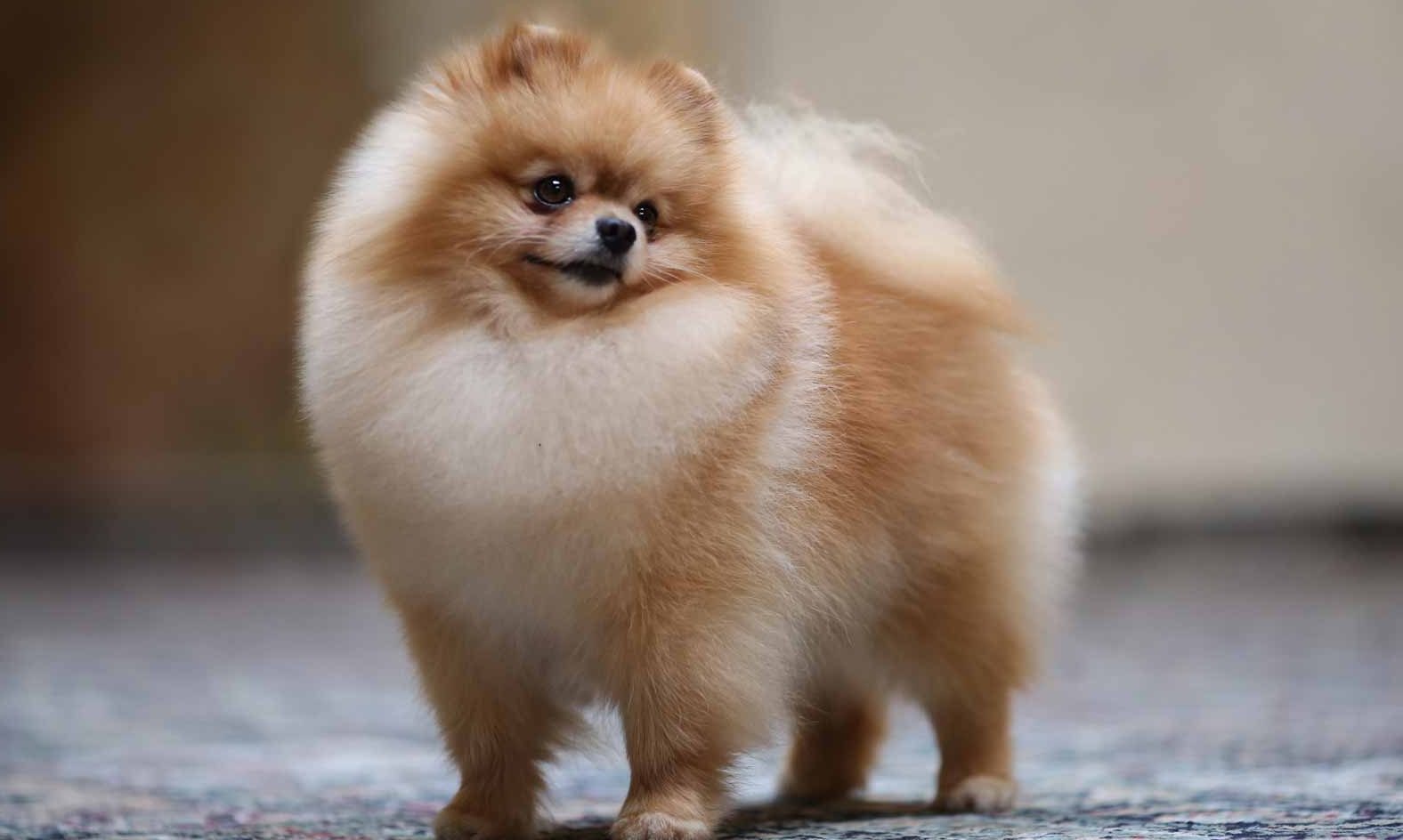
Pomeranians Are Energetic and Playful.
Pomeranians are not only adorable in appearance but also smart, agile, and a bit mischievous. Let's dive deeper into their personality traits.
Energetic, Playful, and Great Jumpers
Despite their small size, Pomeranians are full of energy. They love to run, jump, and explore their surroundings. They rarely sit still and are always on the move. One unique trait of Pomeranians is their ability to jump surprisingly high.
Intelligent and Loyal
Pomeranians are known for their high intelligence and loyalty. They can understand most basic commands from their owners and love to stay close to them. They are always excited and joyful when their owners return home.
Independent Thinkers
Although Pomeranians love their owners, they are also quite independent. When left alone, they can entertain themselves without needing toys or human interaction.
Barking Habit
One of the downsides of Pomeranians is that they bark a lot. They bark when they see their owner, strangers, or even for no reason at all. They also tend to bark persistently. However, this trait makes them excellent watchdogs. If you want to reduce excessive barking, early training is essential.
Fearless and Overconfident
Pomeranians are brave and often act like they are much bigger than they actually are. They won't hesitate to challenge other dogs, no matter their size. They also have a high sense of alertness and territorial instincts.
Attention Seekers & Slightly Spoiled
Pomeranians love attention and enjoy being pampered by their owners. If you ignore them, they will find ways to get your attention, sometimes acting like a little "prince" or "princess."
How to Properly Care for a Pomeranian
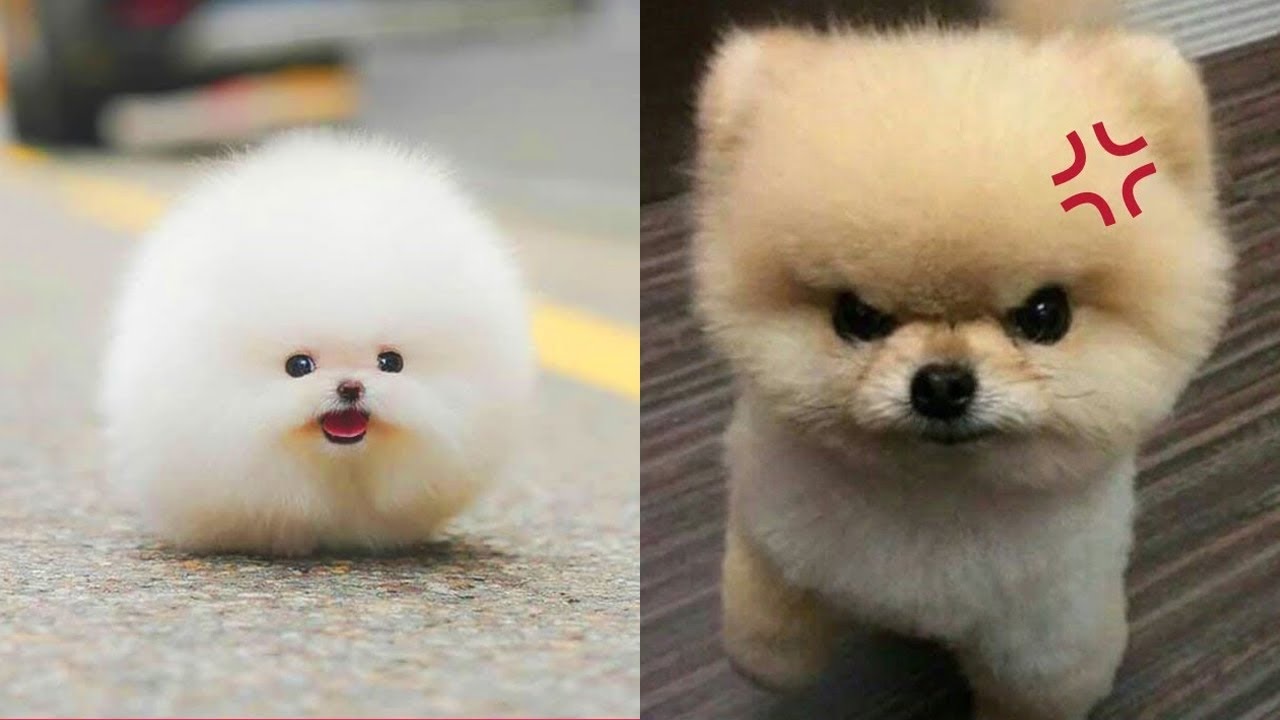
Pomeranians Require Proper Care to Stay Healthy.
Pomeranians are adorable companion dogs, but they are also sensitive and prone to illness if not cared for properly. Below, we provide a detailed guide on nutrition, grooming, and training to ensure your Pomeranian grows up healthy and happy.
Optimal Nutrition for Pomeranians
Each age group requires a different diet to meet their nutritional needs:
- Under 2 months old: Should drink mother's milk or eat soft porridge. Meals should be divided into 4-5 small portions per day.
- 2-6 months old: Can eat soft rice mixed with minced meat, eggs, and finely chopped vegetables. Feed them 3-4 meals per day, and start introducing soft kibble.
- Over 6 months old: Can eat solid food and a more diverse diet including pork, beef, chicken breast, and fish. Feed them 2-3 meals per day.
Foods to Avoid
- Spoiled or rotten food
- Too much oil, salt, or spices (sour, spicy, salty, or sweet foods)
- Chocolate, cow’s milk, or dairy products
Regular Grooming and Hygiene
Pomeranians have a thick double coat, so proper grooming is essential to keep their fur soft and healthy:
✔ Bathe at least once a week using specialized dog shampoo.
✔ Dry their fur thoroughly after bathing.
✔ Brush their fur daily to remove loose hair.
✔ Trim their fur every 2-3 months, depending on its length.
✔ Clean their eyes, nose, and ears regularly to prevent bacterial infections.
Routine Health Check-ups & Vaccination
To ensure your Pomeranian stays healthy, you should also focus on vaccinations and regular check-ups:
✔ Administer core vaccines (5-in-1, 7-in-1) as recommended by a veterinarian.
✔ Deworm regularly to prevent parasites.
✔ Keep them warm in cold weather to avoid respiratory issues.
✔ Never feed them spoiled food to prevent digestive problems.
✔ Schedule regular vet check-ups for early disease detection.
Exercise & Training
Pomeranians are very active dogs that love running and playing. To help them stay balanced and burn off energy, you should:
✔ Take them for daily walks to prevent restlessness.
✔ Train them in basic commands like “sit,” “stay,” and “lie down” to reduce stubborn behavior.
Common Health Issues in Pomeranians
Despite their small size, Pomeranians are prone to several health problems. Let’s take a closer look at some of the most common illnesses affecting them.
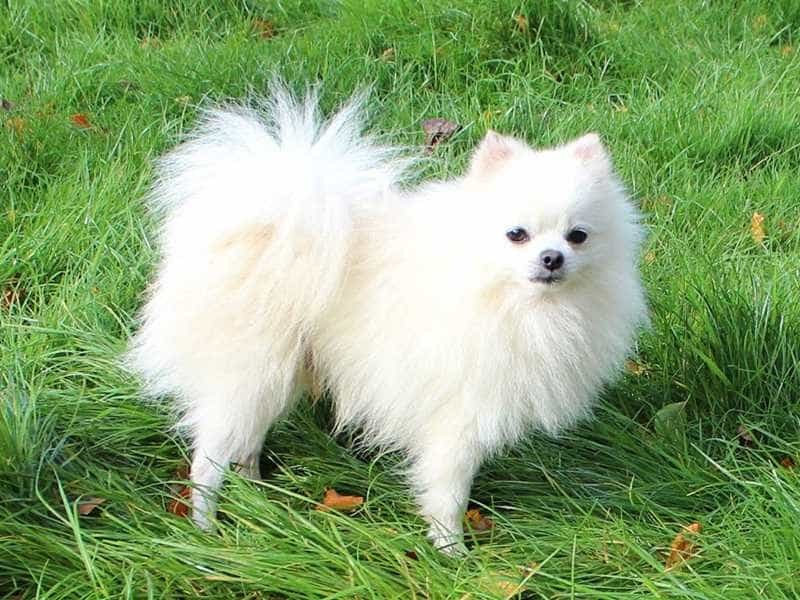
Pomeranians Have a Small Build and Short Legs, Making Them Prone to Joint Issues.
Like many other dog breeds, Pomeranians are prone to certain health conditions such as Small Dog Syndrome, Kennel Cough, Ear Infections, and Joint Problems if not properly cared for. Let’s take a closer look at these illnesses to help you prevent and treat them effectively.
Small Dog Syndrome
Pomeranians are highly susceptible to Small Dog Syndrome, a behavioral condition where tiny dogs become demanding and difficult to handle.
✔ Symptoms: Sudden behavioral changes, irritability, stubbornness, anxiety, and reckless behavior.
✔ Prevention: Avoid spoiling your Pomeranian too much, and ensure they receive proper training from an early age.
Kennel Cough
Pomeranians are prone to Kennel Cough, which can cause breathing difficulties, especially in cold weather.
✔ Causes: Narrow nasal passages, sudden temperature changes, or viral infections affecting the trachea.
✔ Symptoms: Dry cough, wheezing, frequent sneezing, fatigue, and reluctance to move.
✔ Prevention: Keep them warm in cold weather and ensure they receive Kennel Cough vaccinations.
Joint Problems
Due to their small and delicate bones, Pomeranians are prone to joint diseases, such as patellar luxation (knee dislocation).
✔ Causes: Weak bones or jumping from high places.
✔ Symptoms: Difficulty walking, limping, and pain when touching their legs.
✔ Prevention: Provide calcium and glucosamine supplements and prevent them from jumping off furniture.
Dental Problems
Pomeranians have small, tightly packed teeth, which can trap bacteria and cause oral diseases.
✔ Causes: Lack of proper dental hygiene.
✔ Symptoms: Bad breath and bleeding gums while eating.
✔ Prevention: Brush their teeth 2-3 times per week and provide chew toys to maintain oral hygiene.
Ear Infections
Pomeranians have hairy ears, making them more susceptible to bacterial infections if not cleaned properly.
✔ Causes: Dust buildup, ear mites, or flea infestations.
✔ Symptoms: Bad odor, pus discharge, excessive scratching of the ears.
✔ Prevention: Regularly clean their ears, dry them after baths, and inspect them for signs of infection.
Pomeranian Price Guide & Buying Tips
Want to bring home a Pomeranian? Let's explore pricing, buying tips, and what to look for when choosing a healthy puppy!
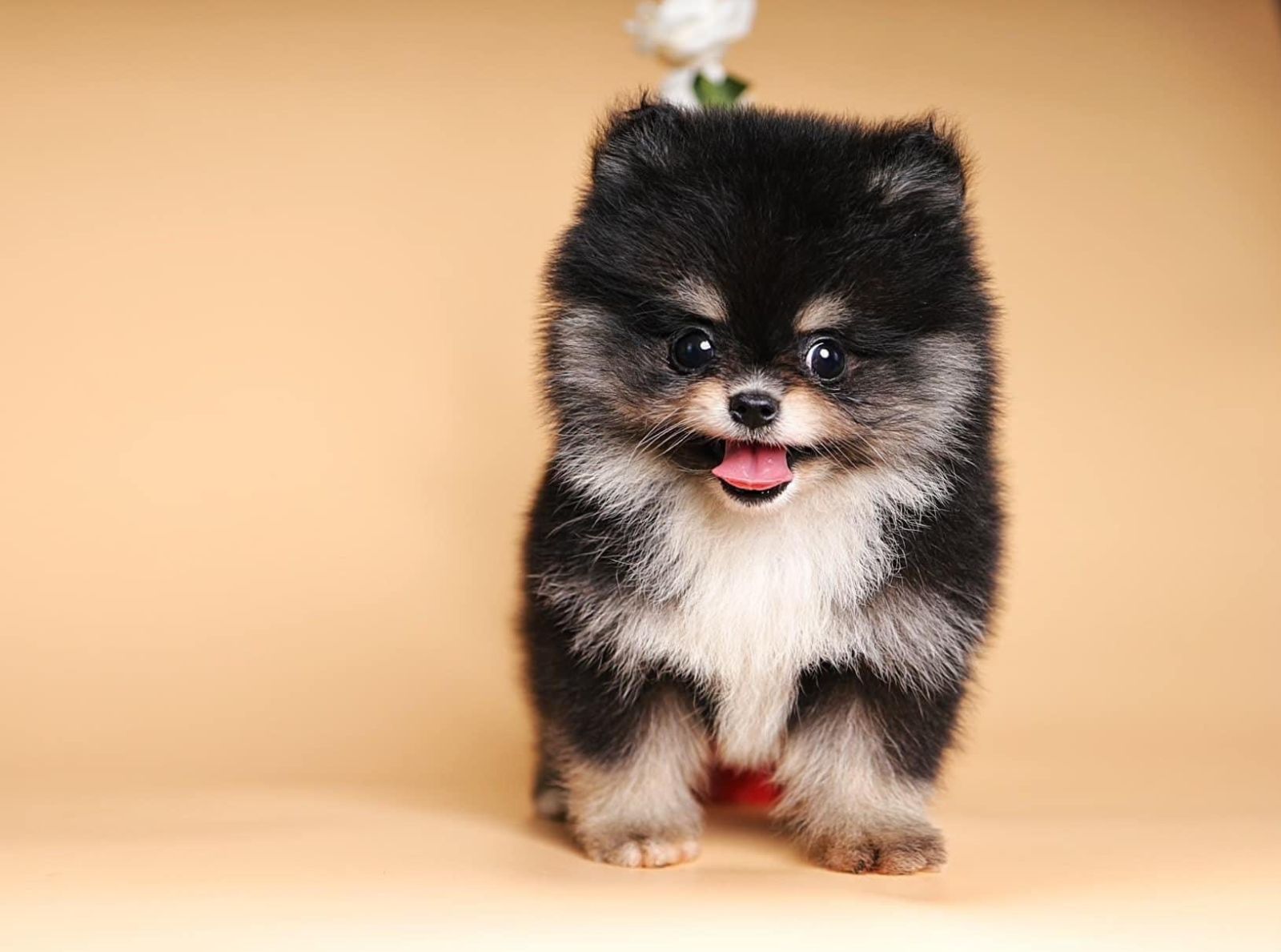
Pomeranian Price List
Wondering if you have the budget to own a Pomeranian? Check out the estimated prices below:
| Origin | Estimated Price (VND) |
|---|---|
| Born in Vietnam, No VKA Papers | 6 - 8 million |
| Born in Vietnam, With VKA Papers (Certified Pedigree & Purebred) | 8 - 12 million |
| Teacup Pomeranian Born in Vietnam | 12 - 16 million |
| Imported from Thailand (Fully Documented, High Quality) | 15 - 20 million |
| Imported from Europe (Certified, High Purity) | 40 - 60 million |
Aside from origin and pedigree, Pomeranian prices also vary by color, such as:
✔ White Pomeranian: 5 - 8 million VND
✔ Golden Pomeranian: 5 - 7 million VND
✔ Black and Tan Pomeranian: 7 - 9 million VND
Tips for Buying a Pomeranian (Pomeranian Buying Guide)
To ensure you get a healthy, purebred Pomeranian at a good price, here are some important tips:
✔ Avoid cheap ads: Do not trust online ads offering "mini Pomeranians" for 250k, 500k, or 1 million VND, as these are usually mixed breeds and not purebred Pomeranians.
✔ Check the dog's health & appearance: Choose a lively puppy with shiny fur, a wet nose, and bright eyes.
✔ Verify documents & lineage: If buying a purebred Pomeranian, ask for proper paperwork to confirm health records and pedigree.
✔ Buy from reputable breeders: Choose a trusted seller that offers health guarantees and post-purchase support.
✔ Assess your ability to care for a dog: Make sure you have enough time, space, and resources to properly care for your Pomeranian before making a purchase.
Adorable Pomeranian Photos
Check out some cute and fluffy Pomeranian pictures below!
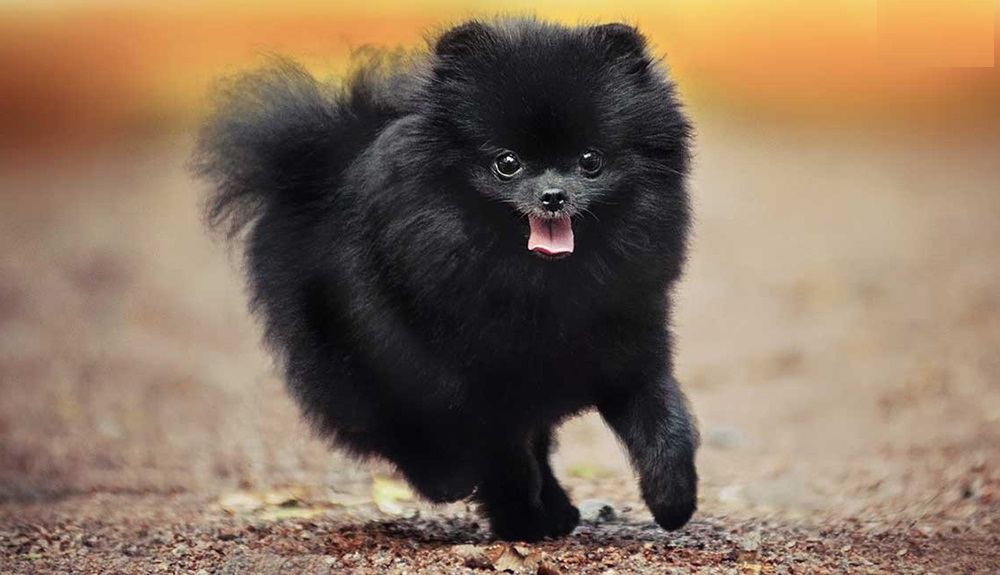
Black Pomeranian Porn Photo.
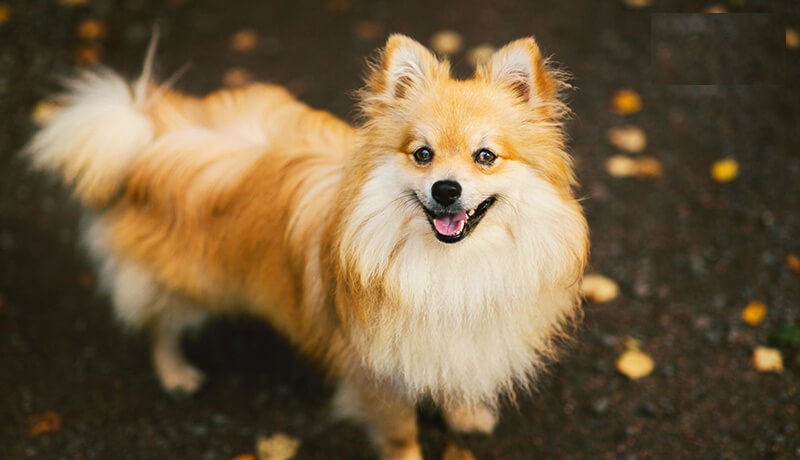
Photo of a cute bear-faced Pomeranian.
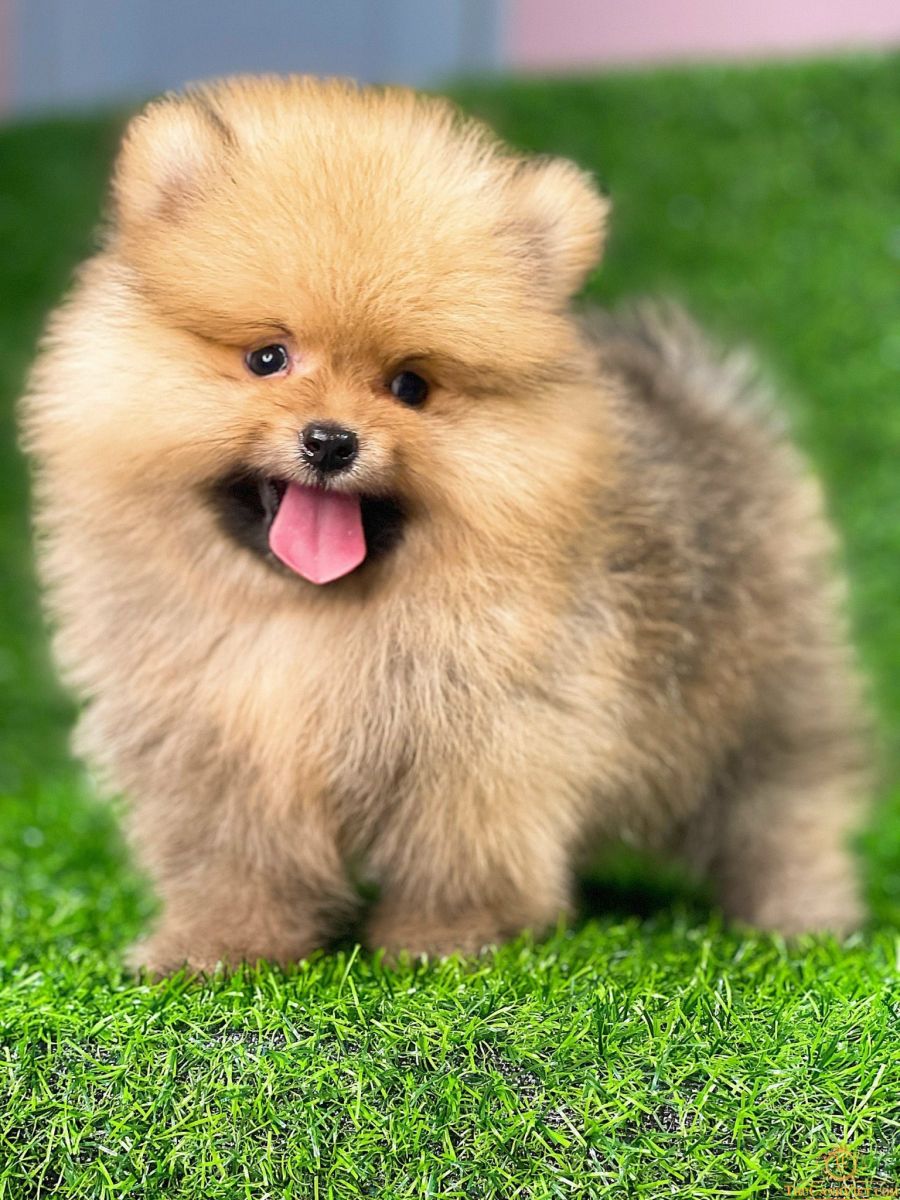
Photo of a cute bear-faced Pomeranian.
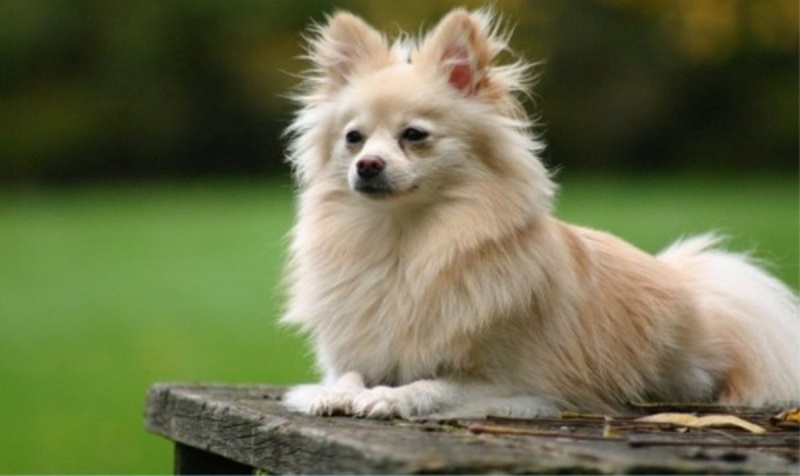
Japanese Pomeranian photo.
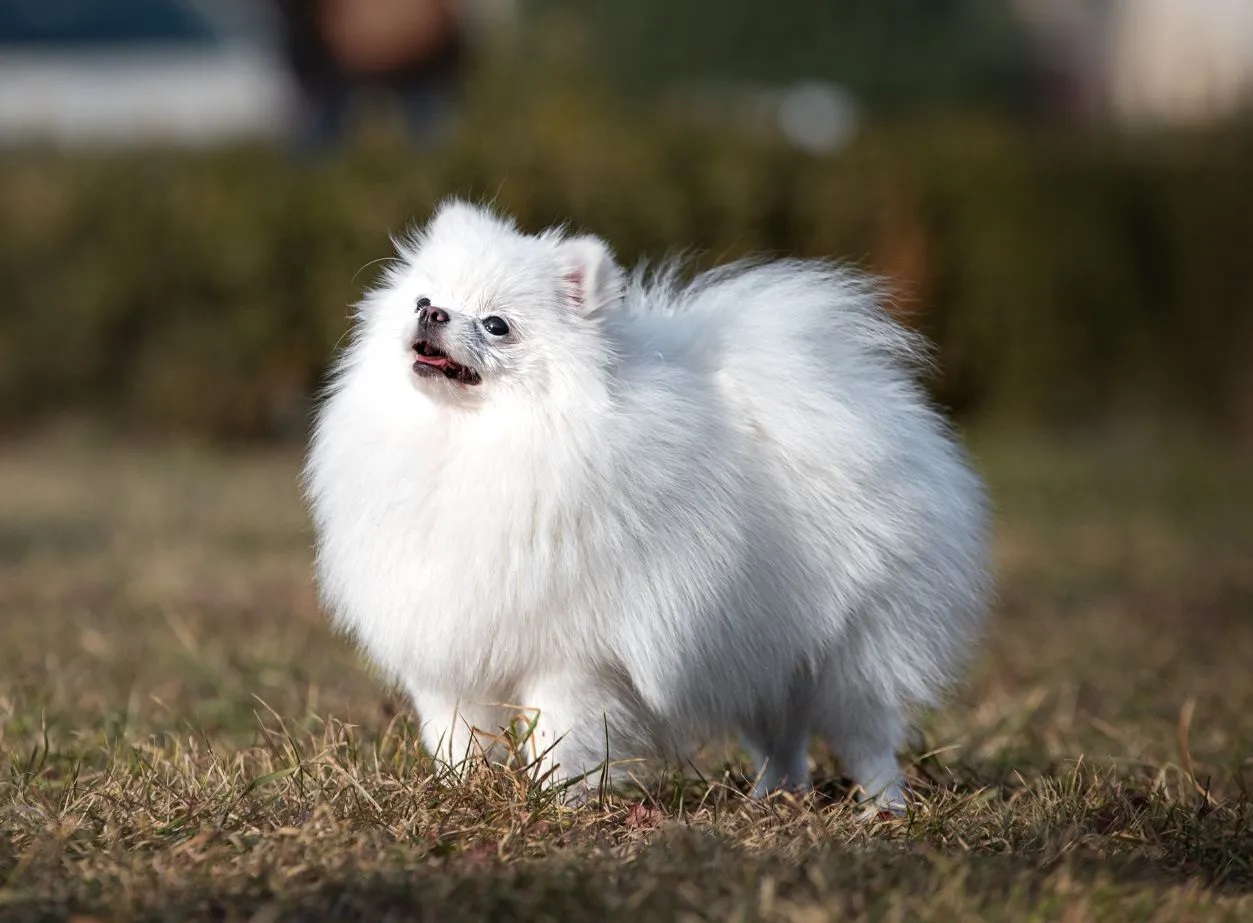
Photo of snow white Pomeranian.

Adorable Mini Pomeranian Photos
So, dogbreed.wiki has provided you with a complete guide on the Pomeranian breed—covering its origin, appearance, personality, and more. Hopefully, this information helps you gain valuable experience in raising this adorable and fluffy companion from Northern Europe.
Goodbye for now! See you in our next Blog posts, where we'll explore more amazing dog breeds!

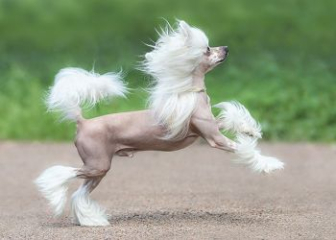

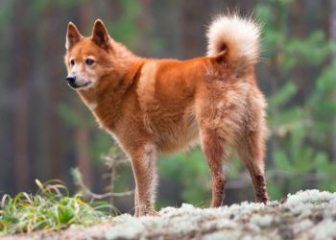





_350x250.jpg)






